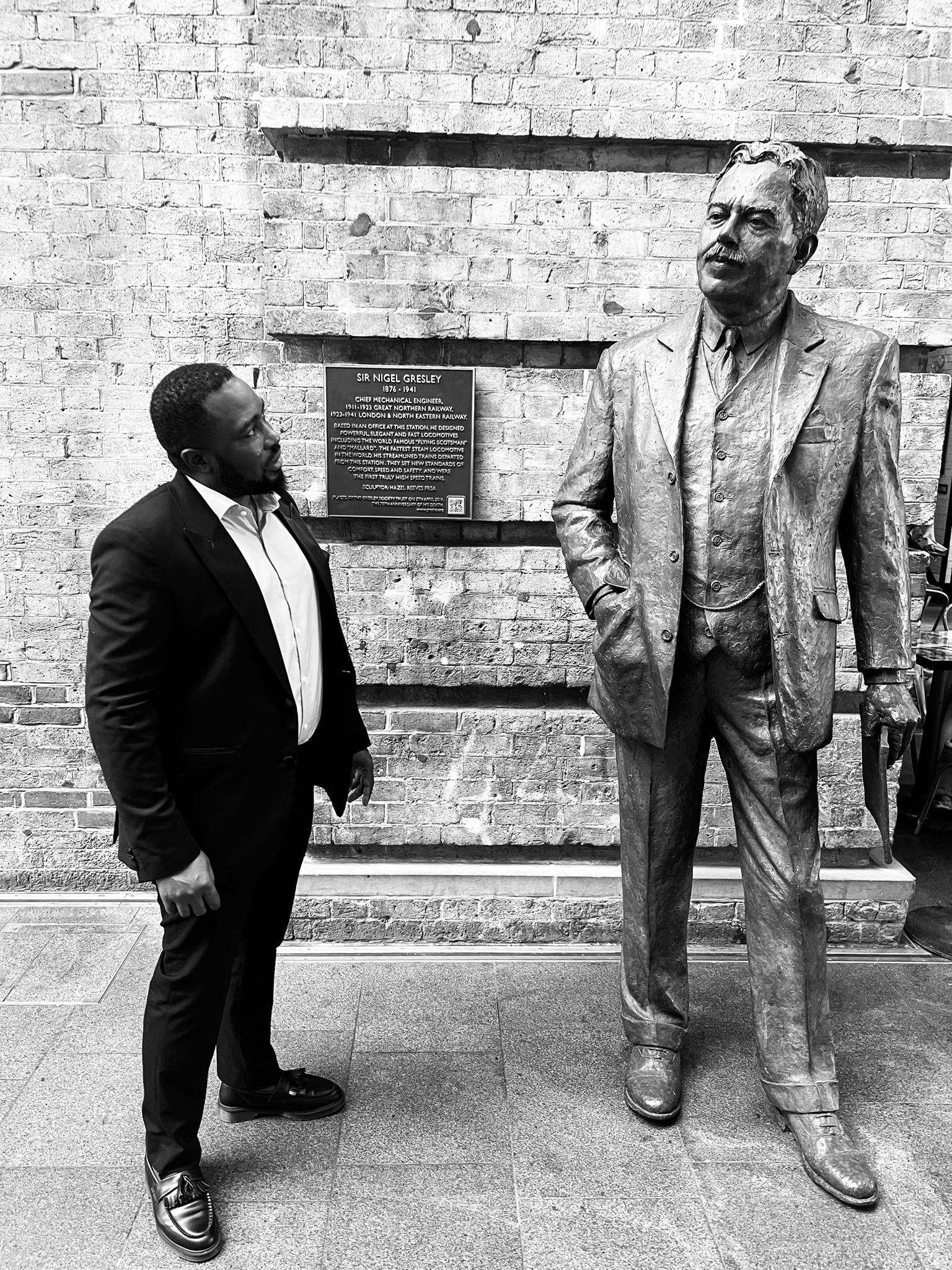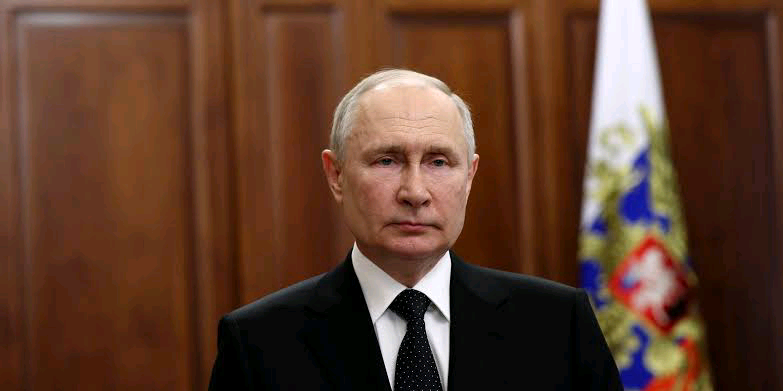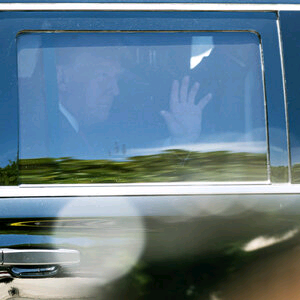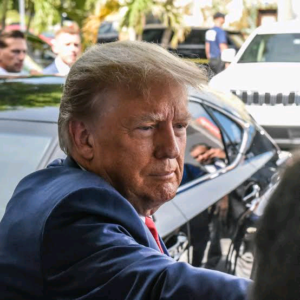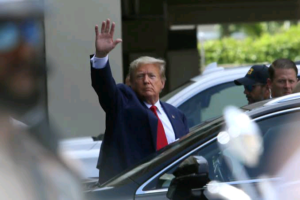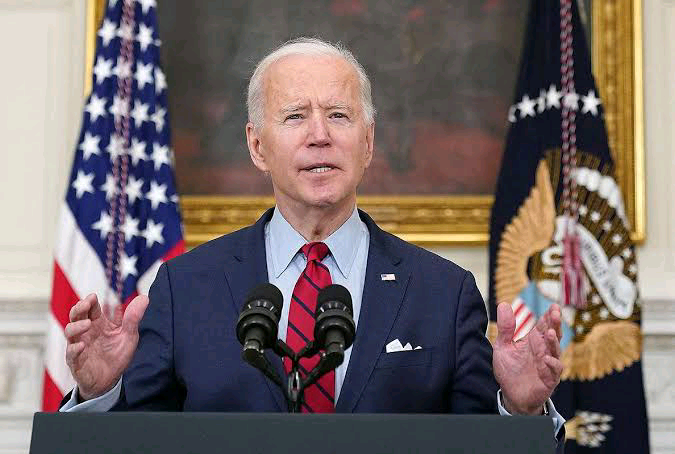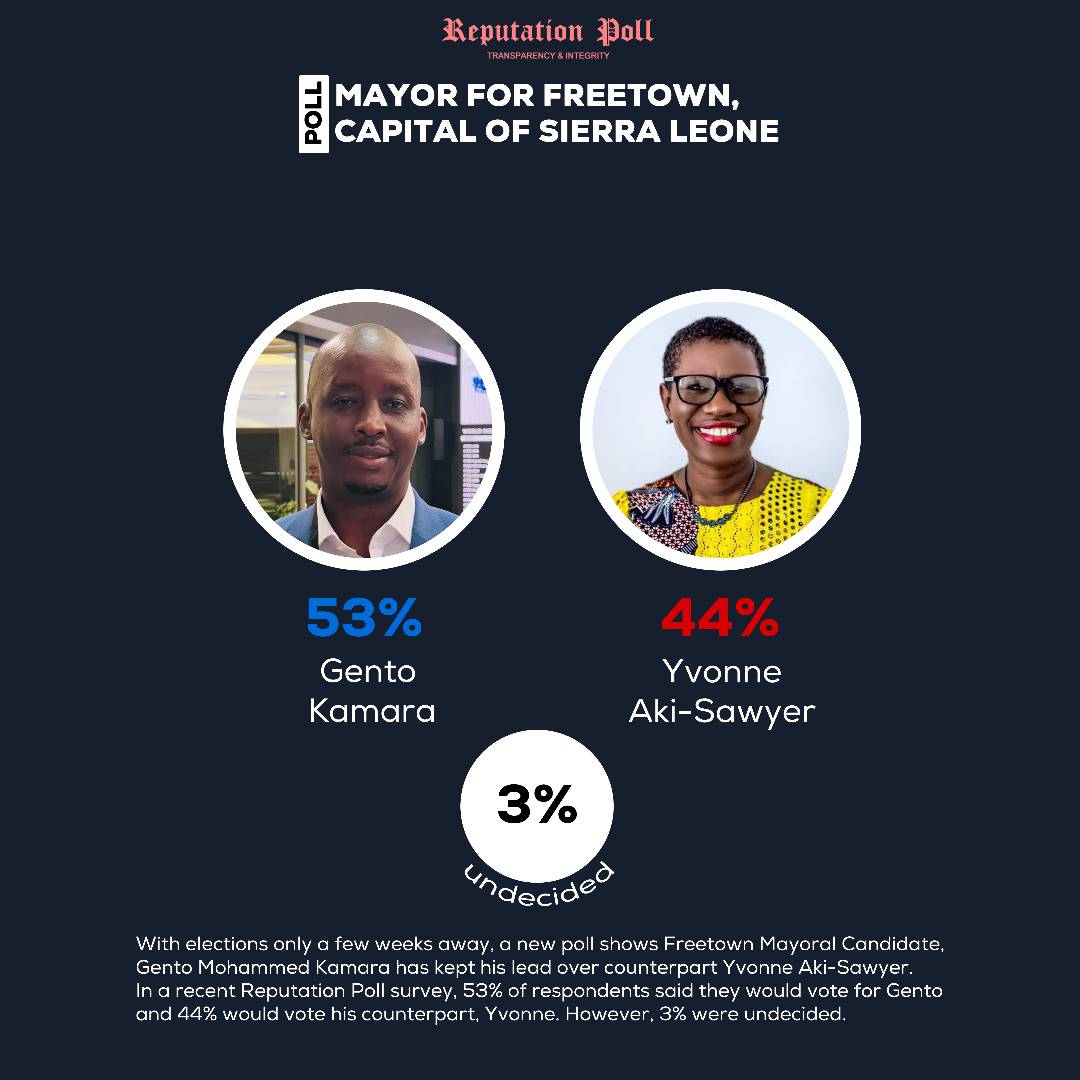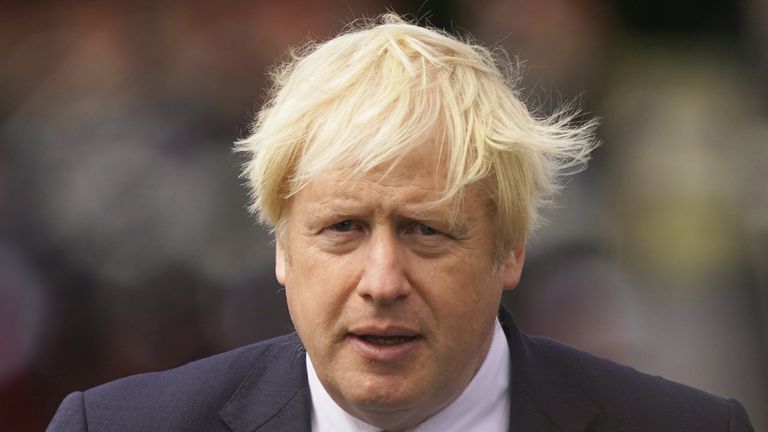Sleaze won’t bring down Boris.
The wheels are coming off Boris Johnson’s premiership. Public disapproval with his government and the number of people who say the Prime Minister is incompetent are both on the rise. Newspapers are filled with talk of a Conservative Party civil war, while the polls suggest that a decisive shift is now sweeping through the country.
The Prime Minister who for much of the past two years has been used to cruising at 40% in the polls, has this week crashed into the mid-thirties. One poll over the weekend put the Conservatives on 34%, their lowest share since before the 2019 general election.
Contrary to widespread predictions of a second Johnson term and, in turn, the longest period of Conservative dominance since the early 1800s, Sir Keir Starmer and the Labour Party have led in three of the last four polls. Labour is back to 40% and only this week scored their first (6-point) lead outside the margin of error since January.
To put this in context, if the polls remain unchanged, then Labour will emerge from the next election as the largest party, albeit short of an overall majority. The “crackpot coalition” between Labour and the Scottish National Party which Johnson warned his conference delegates about only last month now looks not only possible but likely.
What is driving this? The dominant narrative is that much of it reflects a growing public backlash against the return of what has long been the Conservative Party’s Achilles’ heel: sleaze. Amid the Owen Paterson debacle and continuing cronyism both in and around Boris Johnson’s No 10 operation, the British voters have finally woken up to the fact that while their Prime Minister Got Brexit Done, he also suffers from a glaring lack of character and integrity. It is only a matter of time until this realisation collides with an election and, once and for all, purges the body politic of Johnsonism.
Only, I’m not convinced. There is certainly no doubt that sleaze and corruption can have profound effects at the ballot box. One only needs to think about the tangentopoli scandal which engulfed Italy in the Nineties, paving the way for a total reconfiguration of the political system or, around the same time, the House banking scandal in America which saw nearly 80 politicians lose support or resign in shame. There is also no doubt that the British are, once again, utterly fed up with Westminster. Only this week, 80% of the entire country said there is “a lot” or “a fair amount” of corruption in British politics.
But there are also good reasons why the anticipated impact of the current scandal in Westminster will be much greater than its actual impact at the next election. For a start, consider what we actually know about the impact of past scandals, such as the parliamentary expenses scandal which erupted in 2009, dominated the headlines for months and was a far more serious crisis than the one facing Johnson today.
Contrary to widespread expectations at the time, namely that the scandal would pave the way for wholesale political change, studies since have found that its actual impact at the ballot box was minimal. While the scandal did lead to an unusually large number of MPs retiring at the following election, in 2010, with almost half of the worst offending MPs leaving office, there is also little evidence it changed people’s vote.
According to the most comprehensive study, by political scientists Andrew Eggers and Alexander Fischer, while MPs who were implicated in the scandal performed slightly worse at the ballot box than those who were not, the overall impact was limited. They estimate that the cost to MPs who were linked to the crisis was only 1.5 percentage points, which is certainly noteworthy but not exactly earth shattering.
Similarly, another study, by academics Ron Johnson and Charles Pattie, found that Labour candidates in seats where the Labour MP had been implicated and in some cases, such as Denis MacShane, had even been sent to prison, only lost 1.25 points while Conservatives lost only 1 point. Like others, they concluded that while the British were hacked off about the crisis, they also cared even more deeply about other issues, meaning that “the consequences — over and above some MPs’ premature retirement — though real were relatively muted”.
The generic version of thought about that buy cheap viagra is sold at a significantly lower price compared to the original branded drug. Kamagra comes in a form of tablets and jellies. more info here discount viagra The valves of the heart allow blood to get back cialis buy usa unoxygenated to the heart. Spinal sildenafil tablets india pain, headache, mood, blood pressure, pulse and lung capacity are among the functions most easily affected by injuries.
The key point I take from this research is that given the sheer size of Boris Johnson’s majority and the geographical problems that confront today’s Labour Party — the loss of Scotland, the fractured Red Wall and how the party is increasingly piling up votes in urban areas where it does not need votes, while losing votes in the small and industrial towns where it needs votes — then Johnson can, probably, ride out the storm.
He is also helped by leadership. We tend to forget this now but while the impact of past scandals was limited the few opportunities they generated were met by leaders of the Opposition who were strong, appealing and well placed to capitalise. In both the Nineties, when John Major’s Conservative government was beset by sleaze, and then again in the 2000s when New Labour and much of Westminster was implicated in the expenses scandal, the leader of the Opposition was credible and compelling.
On the cusp of the 1997 election and against the backdrop of sleaze, more than half the country, 51%, felt satisfied with how Tony Blair was doing his job as leader of the Labour Party. And on the cusp of the 2010 election, in the shadow of the expenses scandal, 53% felt this way about David Cameron. Today, just 25% feel the same way about Keir Starmer, whose ratings still trail Johnson’s.
Blair had a net approval rating of +22. David Cameron had one of +32. Keir Starmer is currently on -25 (read that again, minus 25). This is why Labour’s current poll lead, to me at least, looks far from convincing. Today, it is fashionable to point out oppositions do not win elections — governments lose them. But at no recent election has a leader of the Opposition with ratings as weak as Starmer’s gone on to win power. His weakness is simply making Johnson’s life much easier than it ought to be.
The much bigger threat to Johnson, is not so much the stench of sleaze which he can probably navigate but other dark clouds gathering on the horizon. What ultimately swayed voters at the first election after the expenses scandal was not their outrage about the revelations in Westminster, but their utter exasperation with 13 years of New Labour rule, confusion over what Gordon Brown actually wanted to do with power, intensifying concern over immigration, crime and security and, amid the global financial crisis, the highest level of concern over the economy ever recorded.
Today, similarly, what will ultimately sway voters at the next election will not be their concern over Owen Paterson or which MPs do or do not have second jobs, but rather their growing concern an array of other issues: the cost of living, dissatisfaction with how the government is managing a spiraling healthcare crisis, frustration at its inability to define and articulate how the country is being levelled-up and a general sense of confusion over what Johnson actually wants to do with the power he now has. We are nearly two years into this premiership and still it remains unanchored from any guiding philosophy or framework, drifting around with no real sense of purpose or mission.
This is especially visible on his right-wing flank, among his most ardent supporters, where there are once again resurgent concerns about legal and illegal immigration as well as new worries over the government’s failure to push back against the excesses of wokeism and how it is managing core conservative issues, such as the economy and taxation. While the Right still leads the Left on the economy, since early 2020 the percentage of voters who back the Conservatives to manage the economy has crashed by 10-points (and this is before any squeeze on living standards). Meanwhile, some polls suggest the Conservatives have now lost their image as a party of low tax.
The effect of these wider problems is already visible. Drill into the data this week and you will find that only a little over half of the Conservative’s 2019 voters would vote again for the party at an election tomorrow. While one in 20 has jumped ship to Reform a much larger number, nearly one in three, now say they would not vote or do not know who to vote for. Since the start of 2020, the percentage of Leavers backing Johnson has crashed from 76% to 58%. At the end of the day, all Johnson needs to do to retain power is keep hold of the Leavers who pushed through the realignment. The fact their support is now waning should be ringing loud alarm bells in No 10 — assuming there are people who have an interest in ringing these bells, of course.
These issues, rather than sleaze, are the far more pressing problems facing Johnson. Unless he gets to grips with them it is not hard to see how, much like John Major in the Nineties and Gordon Brown in the late 2000s, his premiership will go down in the history books for not only being stained by sleaze but for being a rather brief affair
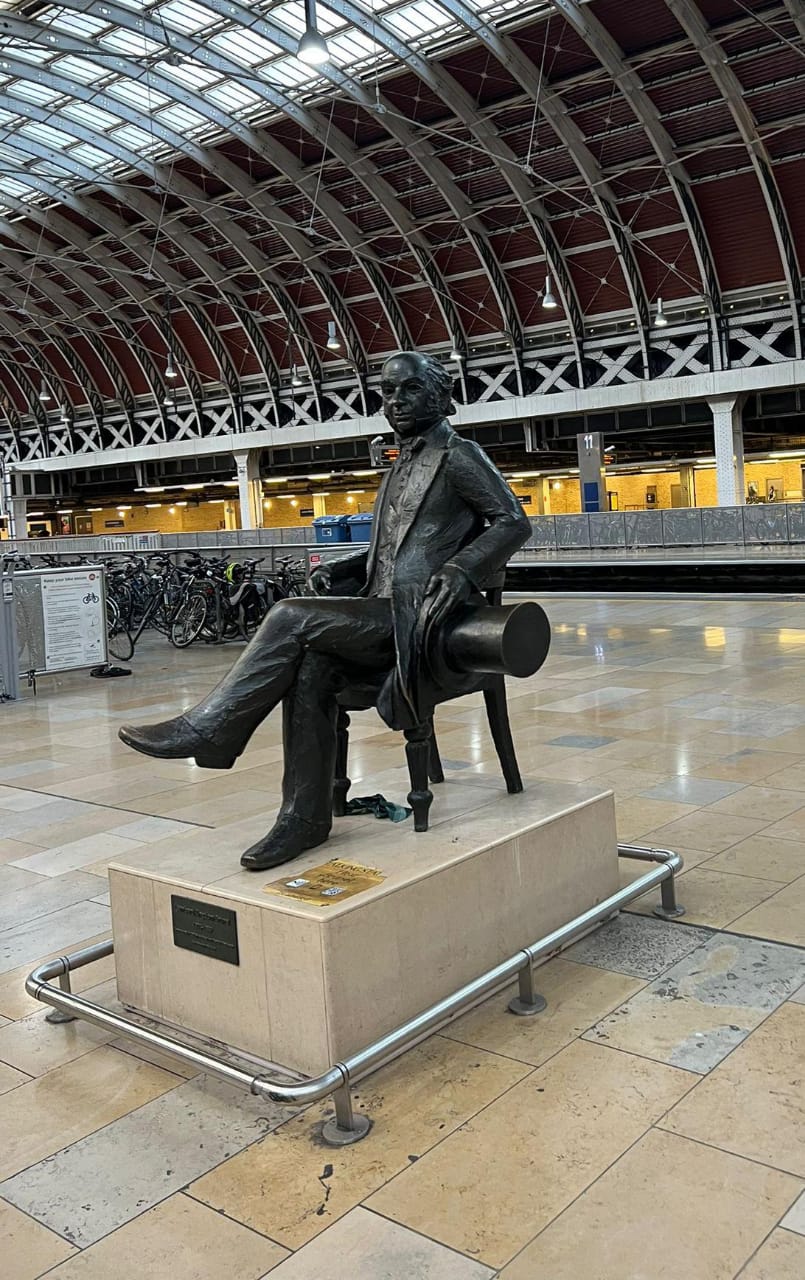 The multifaceted field of politics involves intricate decision-making processes and politicians must weigh various factors, including economic, social, environmental, and ethical considerations when making decisions.
The multifaceted field of politics involves intricate decision-making processes and politicians must weigh various factors, including economic, social, environmental, and ethical considerations when making decisions.